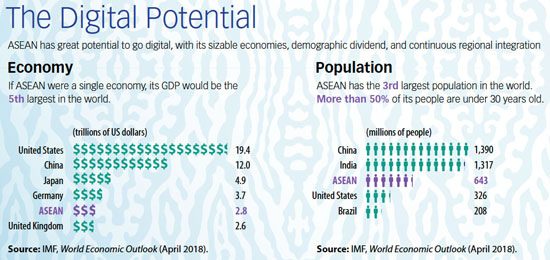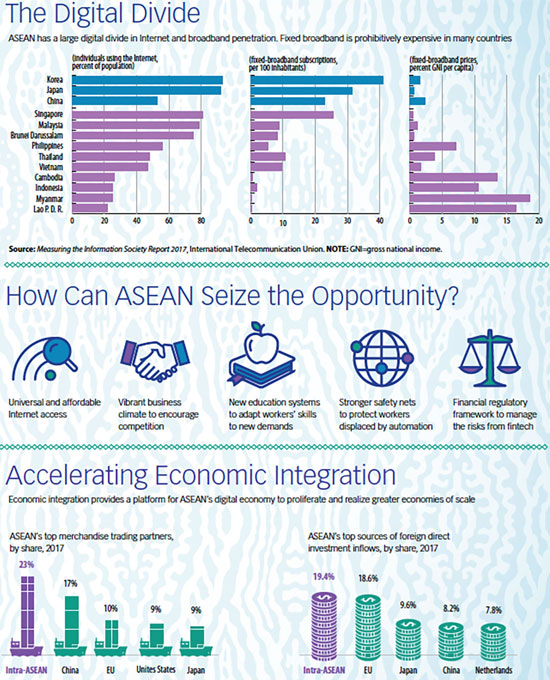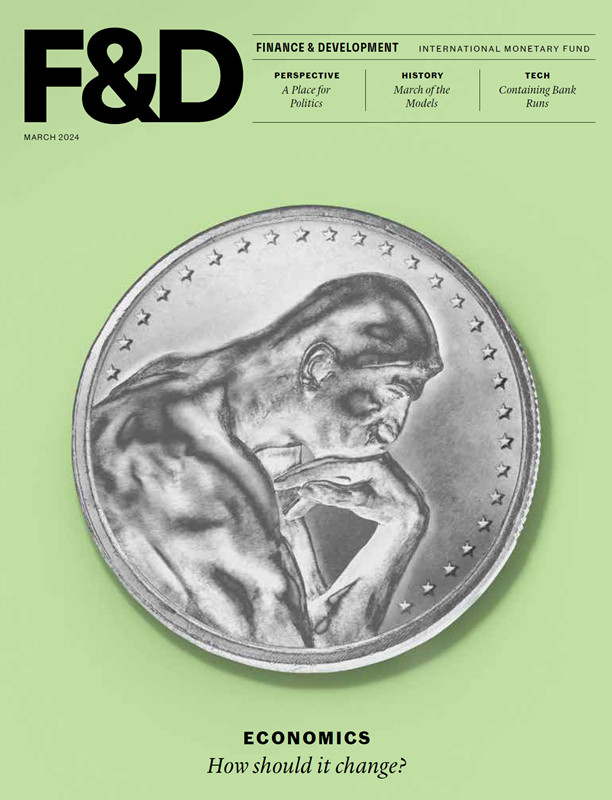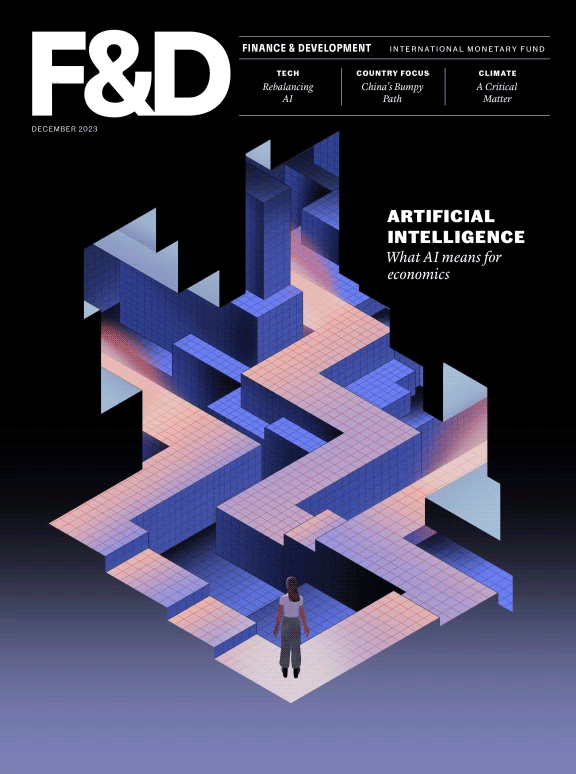Picture This
ON THE CUSP
Poised to become digital-first economies, ASEAN countries still face core challenges
HOMEGROWN RIDE-HAILING APPS, intelligent traffic systems, advanced construction techniques, automated energy-consumption management all propel the innovation wave washing over the Association of Southeast Asian Nations (ASEAN).
Indonesia’s vibrant digital ecosystem, for example, boasts more than 1,700 start-ups—among the world’s largest clusters of new firms. GO-JEK, to name one, evolved from a ride-hailing app to a platform for mobile payments and other digital services. In Singapore, Sea, the most valuable start-up in the region—worth several billion dollars—began as an online gaming company and branched out into mobile money and shopping.
ASEAN is young (more than half of its 643 million people are under 30) and has an economy of $2.8 trillion. Its 10 members are moving toward greater economic integration. The region should be at the tip of the digital spear. But it’s not that simple.
The Internet has reached most people in Brunei Darussalam, Malaysia, and Singapore, but more than 70 percent of Cambodia, Indonesia, Lao P.D.R., and Myanmar remains offline and can’t fully participate in the digital economy. High-speed broadband is even more scarce. ASEAN trails China, Japan, and Korea, largely due to high costs. Singapore is the sole exception.
Growing the digital economy depend on five key priorities: (1) Internet connectivity must be universal and affordable. (2) The business climate must encourage competition, which spurs innovation. (3) Education systems must adapt workers’ skills to new demands for a digital future. (4) Stronger safety nets are needed to protect those displaced by automation. (5) ASEAN nations should seek to improve financial inclusion through technology and adapt their regulatory frameworks to manage the risks associated with fintech.
As a regional bloc, ASEAN is the fifth largest economy in the world, and with hundreds of millions of young people eager to join the digital revolution, there’s no better time to close the digital divide. The future of the region depends on it.
©ISTOCK/ L_KRAMER
Opinions expressed in articles and other materials are those of the authors; they do not necessarily reflect IMF policy.











